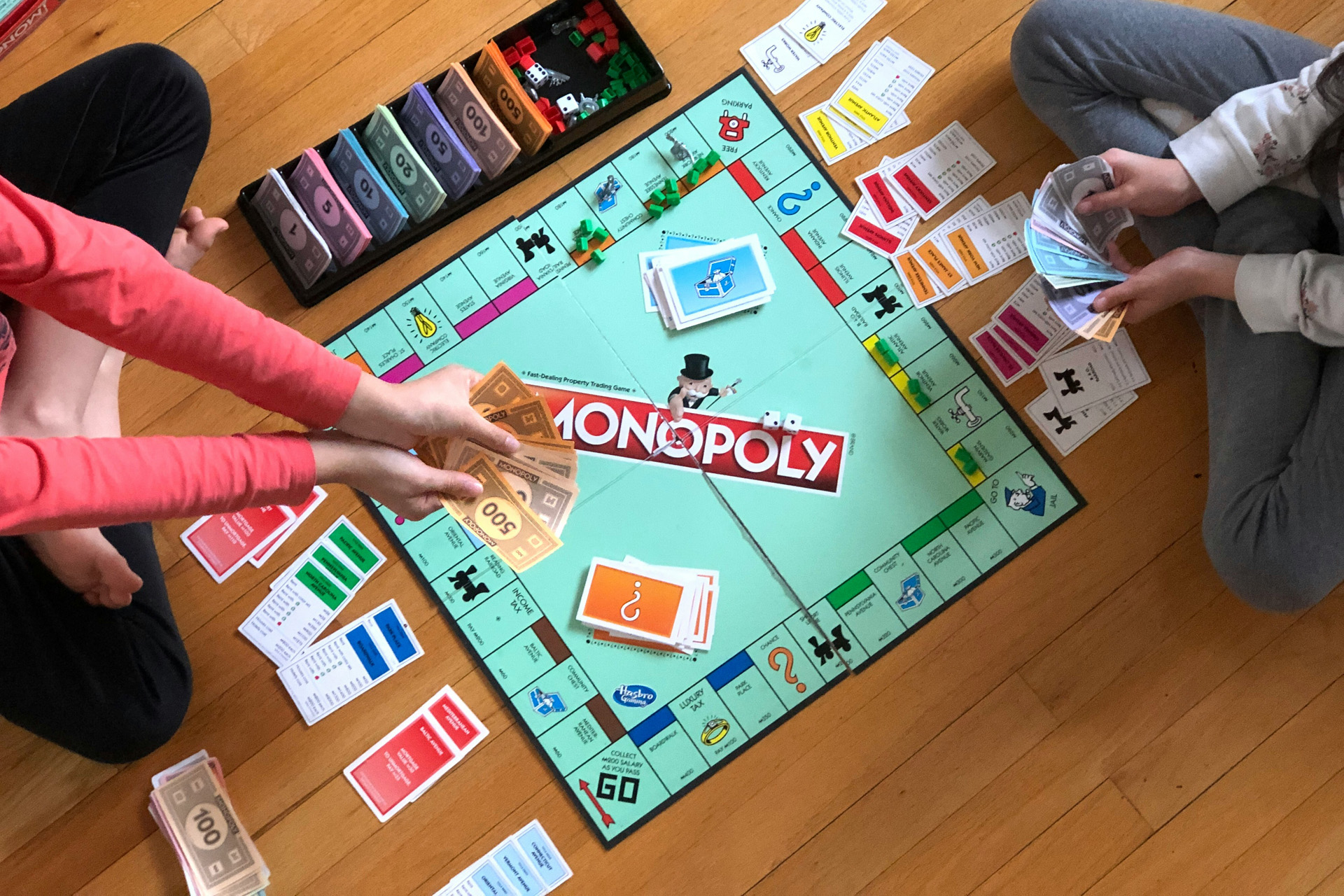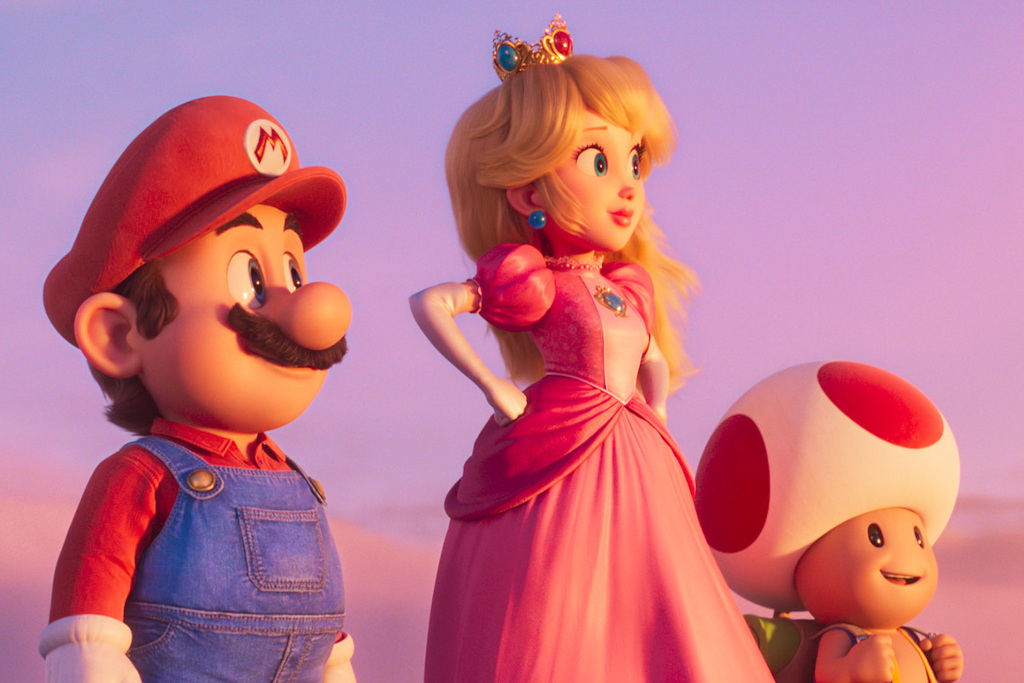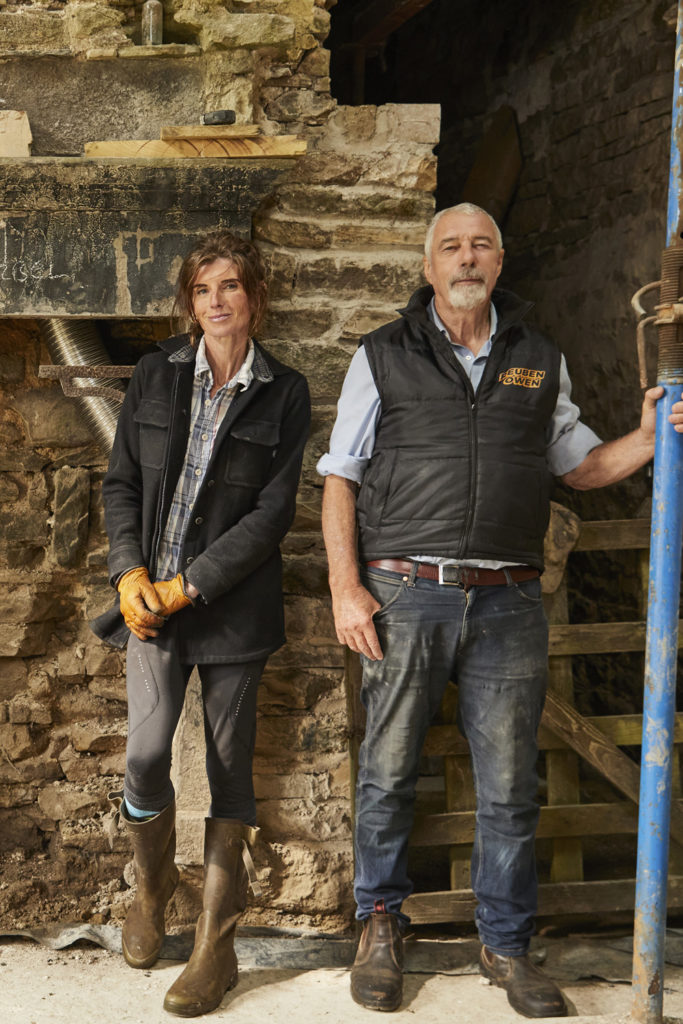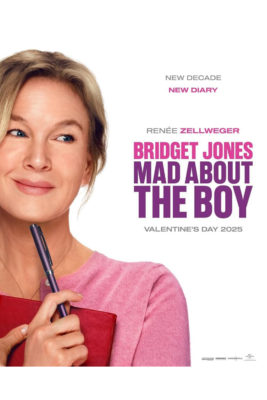Do We Really Need A Monopoly Movie?
By
1 year ago
We're in dire straits

From Barbie to Polly Pocket, nostalgic toys have captured the (not-so-creative) imagination of the film industry – and Monopoly is the next subject. Margot Robbie’s company LuckyChap is reportedly producing the upcoming board game film, while toy giant Mattel has a whopping 45 films planned about their toys – including a ‘surreal’ Barney (the purple dinosaur) film by Daniel Kaluuya and a Hot Wheels film. When will it end? And is a Monopoly film something we really need? Absolutely not, argues Olivia Emily.
The Monopoly Movie Is An Awful Idea
The Barbie movie was OK: I enjoyed it in the cinema and the costumes were great, but it was a bit on the nose with regards to its feminism, and I have no desire to rewatch it. Contrary to popular opinion, I don’t think the film was snubbed at the Oscars – in fact, I think it gathered more nominations than was justified. The performances were good, but not great. The film was fun but not mind blowing. If Barbie had bagged Best Picture over Oppenheimer – or, to be frank, any of the other nominees in the category – it would have been a dire marker of the times we live in.
None of this is to say Barbie doesn’t have its place. Greta Gerwig’s film urged millions of people to visit the cinema, influenced fashion and interiors trends for an entire year, and had (almost literally) everyone talking. It was fun, star-studded and witty, giving a cheeky wink to anyone who grew up playing with Barbie dolls, or just anyone who has been living and consuming media over the last two decades or so. It also cast Margot Robbie into the (well-deserved) spotlight as she dominated red carpets with Barbie doll-influenced outfits. But is it really time to recreate the magic? Or should we leave toy films in 2023, where Barbie had its moment, and move on?

The Barbie movie cast Margot Robbie into the (well-deserved) spotlight as she dominated red carpets with Barbie doll-influenced outfits. © Lia Toby/Getty Images for Warner Bros.
Speaking to Variety in February 2024, Robbie, who is said to be working on an upcoming Monopoly film with her production company LuckyChap, said: ‘We want to make more films that have the effect that Barbie has. I don’t know if it has to be Barbie 2. Why can’t it be another big, original, bold idea where we get an amazing filmmaker, a big budget to play with, and the trust of a huge conglomerate behind them to go and really play? I want to do that.’
Enter: Monopoly. Although, it’s worth acknowledging that this isn’t a ‘big, original, bold idea’: of course, Monopoly the game already exists, and has for many years, and the toy-to-film idea has already been used by Gerwig with Barbie, and the game-to-film pipeline by the (incredibly successful) The Super Mario Bros. Movie. A toy or game adaptation will never be original again – and audiences will certainly tire quickly. In fact, before Polly Pocket has even come out, I’m exhausted at the thought of watching another film about a doll. Barbie happened. The idea is over. Let it die.
Lionsgate, however, is reportedly ‘tremendously excited’ about the Monopoly project, believing it to be the next blockbuster. I’m sure it will make some money in the cinemas, especially if it is targeted at kids, like The Super Mario Bros. Movie. But do we need a Monopoly movie? Absolutely not. While we tried to pretend Barbie wasn’t one big stunt to promote capitalism, it was exactly that: brands quickly created pink versions of their products, peddling them as ‘Barbiecore’ ASAP, while the film itself grossed $1.38bn (£1.1bn) globally. Any critique of capitalism in the film is wisely self-deprecating on Mattel’s part, who walked away with the biggest chunk of the profits.

The Super Mario Bros. Movie was a huge success, and 2023’s second highest grossing film after Barbie. © Universal Pictures
How could this get any worse? I know: let’s create a film based on an explicitly capitalist game. ‘Monopoly is a top property – pun fully intended,’ LuckyChap commented on the news. ‘Like all of the best IP, this game has resonated worldwide for generations, and we are so excited to bring this game to life alongside the wonderful teams involved at Lionsgate and Hasbro.’
I’m not a film snob who’s going to comment ‘they don’t make movies like this anymore’ under any 1980s French language film like the regular Letterboxd user, but I will admit this: the movie industry has lost its way, swaying between superhero films featuring the same dozen characters in slightly different configurations, technicolor ‘adaptations’ of toys and games, biopics (think Elvis, Priscilla, Blonde, Back to Black, and the upcoming Michael Jackson and Bob Dylan films), and reboots of pre-existing films (think Mean Girls, The Colour Purple, Joker, and the recently announced Legally Blonde TV series). If those 45 Mattel films really come to be, we will seriously be in dire straits.

A Legally Blonde reboot is in the works. © MGM
In short, it’s all a symptom of a burned out media industry and a broken system. With 99 percent global brand awareness, Monopoly is the world’s best-known board game – so making a movie is a safe bet, assuming a large chunk of that 99 percent would be willing to watch it. It’s why Marvel movies keep happening: the fan base is huge, and they’ll watch anything and everything set in that universe. It’s why book-to-movie adaptations are an age-old format. But my gripe with Monopoly is the mindless simplicity of it. It’s a game without depth, and it’s typically incredibly boring (unless you’re a bit of a power-hungry sociopath).
If the film is a straightforward adaptation of the game, I would literally rather watch anything else. If a narrative is built to manipulate me to feel sympathetic to Mr Pennybags, I’d rather stick pins in my eyes. If it’s about the creation of the game, I’ll watch it about as many times as I watched Tetris (that’s zero, by the way). In conclusion, Monopoly movie: go to jail. Go directly to jail. Do not pass go. Do not collect £200.







